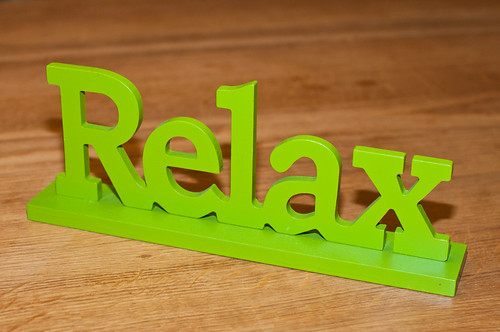What role do weekends and holidays play in your teaching?
Over the course of my career, I've come to view weekends and holidays differently than when I first started teaching. I used to set Sundays aside for long stretches of grading and lesson planning. I used to spend a significant chunk of my holiday time doing the same. While the result was that I often felt more prepared on Mondays, I gradually started to feel resentful about neglecting my family, friends, and hobbies that fueled and restored me.
When I first started teaching, I couldn't understand how it was possible for people to leave school at a reasonable hour or to give themselves weekends off. It seemed to me that there was an unending stream of tasks to be completed, and that failing to capitalize on weekend and holiday time was irresponsible or lazy. I mistakenly equated my physical and mental exhaustion as a symbol of how much I cared.
Over time, I've either learned to budget my time better, or else I've discovered that I am more productive and effective when I give myself permission to relax and reflect during weekends and over holiday vacations. It's not as if I don't think about my students or work-related responsibilities. I do. It's just that I find that I am more creative and energetic when I don't attempt to fill up all of my unscheduled time continuing to work. I am absolutely more effective as an educator when I allow myself time for my hobbies, such as experimenting and playing with new art supplies or technological tools.
Now, I am far more likely to give myself the gift of a work-free weekend/ holiday, because doing so makes me a more compassionate and effective teacher. When I permit myself to enjoy my family and my hobbies, I find that I have more to give to my students.


No comments:
Post a Comment
Thanks for commenting.